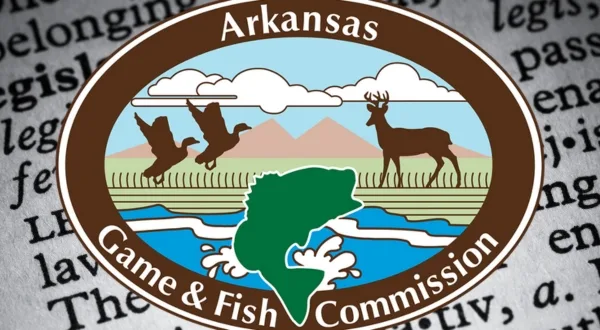
On Monday, the Arkansas Game and Fish and State Police Subcommittee approved a report meant to help clarify the state’s gun laws.
The report was the product of over a yearlong study investigating Arkansas’ firearms and concealed carry laws and included findings, recommendations and a draft legislation. The study will conclude once the panel submits the report to the Executive Subcommittee of the Arkansas Legislative Council for consideration, which will meet on October 17th.
The report recommends a variety of plans to clarify state gun laws, including:
-Reducing the state’s concealed carry licensing processes from two to one.
-Creating legislation that would prevent local governments from enacting restrictions on firearms that are more restrictive than state law.
-Examining the propriety of developing a legal path to regain gun rights for people who have been involuntarily committed to a mental institution.
-Clarifying the rules for awarding a law enforcement officer’s service pistol upon death or retirement.
Of the roughly 51 page report, nine pieces of draft legislation would legalize the changes recommended by the study. According to state lawmakers, the recommendations listed in the final report will be brought before the General Assembly during the 2025 regular session.
Among the change recommended by the report, lawmakers also voted in favor of a motion set by Senator John Payton (R-Wilburn) aimed to edit a draft bill that would amend the law regarding possessing and carrying firearms with or without a license. The change copies a paragraph from Arkansas Code 5-73-601 and includes it in Arkansas Code 5-73-504; the purpose of these sections is to address the places that a licensee, or a person without a license, can carry. The current language prohibits possession of firearms in “kindergarten through grade twelve,” and Payton moved to expand the language to include “prekindergarten.”
Two motions by Senator Missy Irvin (R-Mountain View) were also approved by the panel. The first being the motion to authorize committee co-chairs, Senator Rick Hill (R-Cabot) and Representative Josh Miller (R-Heber Springs), to work with other lawmakers, the state Bureau of Legislative Research and the Arkansas Department of Education to develop a definition of “school facilities” to be included in the final version of legislation to be proposed during regular session. The goal of this motion is to clarify what constitutes a school facility.
“I would not be able to vote for this as a recommendation until we have that clear language or make it to where we eventually know that we’re going to put that definition in place,” she said.
Senator Irvin also made a motion to authorize the chairs to develop language in the legislation that clarifies the nature of restrictions on firearms in places that are licensed to dispense alcoholic beverages for public consumption. An example Irvin gave would be clarifying restrictions on carrying a firearm into the stadium of a higher education campus during a sporting event or concert on the day of the event.
Both motions were approved unanimously.
Representative Josh Miller reminded the panel that this was only intended to be a study of state legislation around firearms.
“This is not becoming legislation today or tomorrow,” he said. “It’s not going to the Senate or the governor’s draft.”
Throughout the study, the panel heard summaries of statues by the Bureau of Legislative Research and comments from the general public, as well as took recommendations from Arkansas Attorney General Tim Griffin’s office and members of law enforcement.
Miller said that co-chairing the committee had been an “enlightening” experience in regards to the number state laws pertaining to firearms.
“The more that we’ve looked into it, the more that I’ve understood the need for this to have been done, this legislation to have been streamlined,” he said.
Miller says that Arkansas’ gun laws were difficult for him to understand in their entirety, and stressed that the legislation would likely be even harder for an “average citizen” who doesn’t visit the Capitol each month to attend the panel’s meetings. He added that throughout the process, the committee was largely able to keep its primary goal of clarifying legislation and removing ambiguity.
“We want to make this easy to understand, easy to read and easy to interpret, easy to enforce, and hopefully come January there will be legislation that gets passed that does it,” Miller said.
The recommendations mentioned in the report will now go before the Executive Subcommittee of the Arkansas Legislative Council.
WebReadyTM Powered by WireReady® NSI










